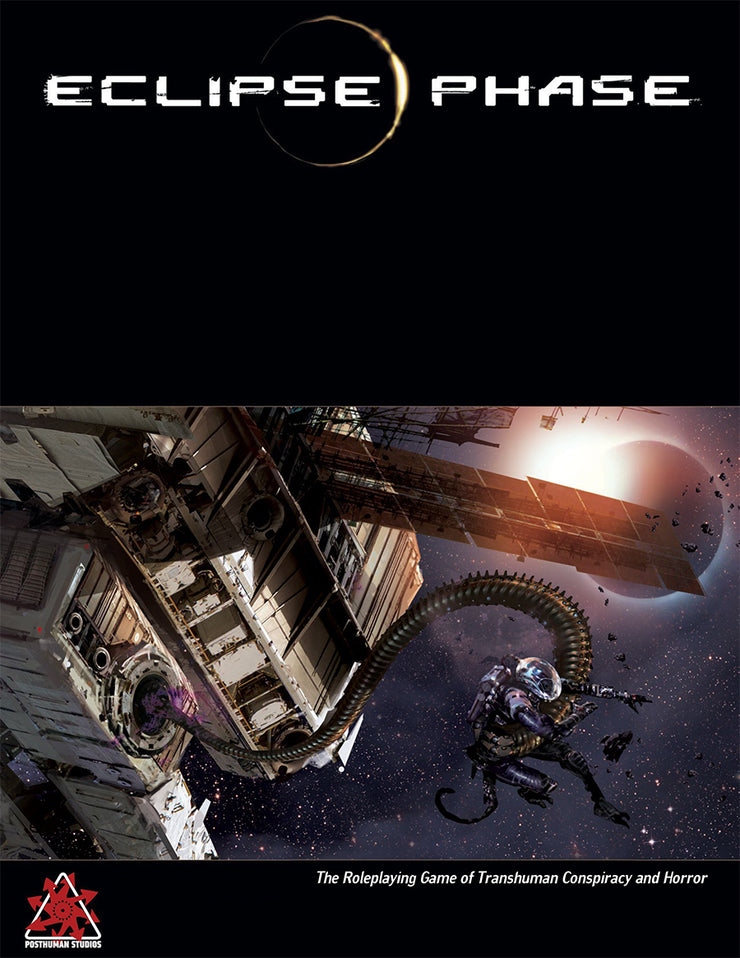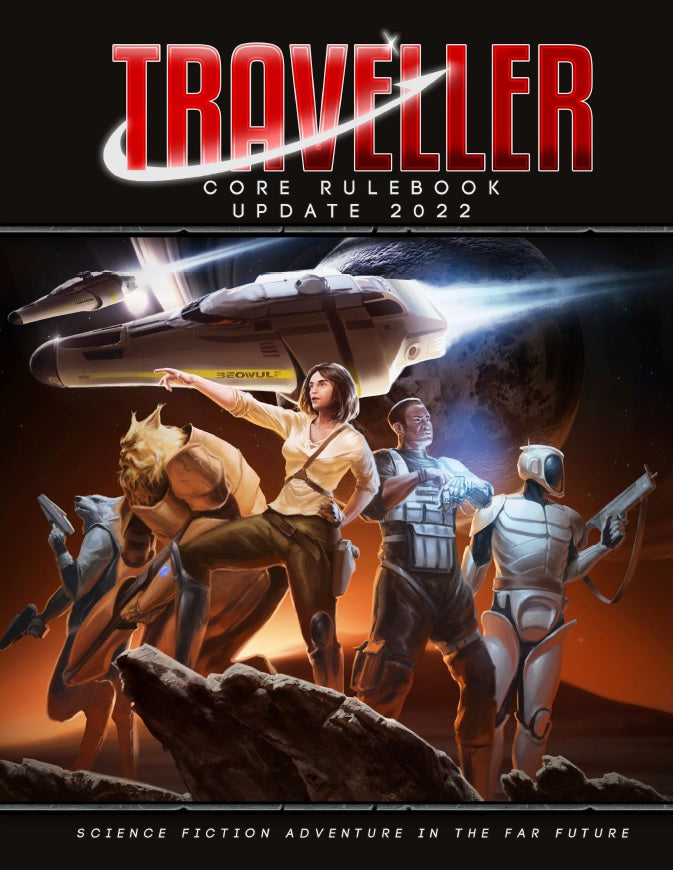Blue Planet: Recontact Science Fiction; Environmental; Narrative-Driven; Survival; Exploration-Driven; Resource Management; Skill-based
Blue Planet: Recontact is a science fiction tabletop roleplaying game set on the waterworld of Poseidon in the 22nd century. Humanity, facing ecological disaster on Earth, has returned to this once-abandoned colony seeking resources and a fresh start. The game blends themes of environmentalism, corporate greed, survival, and exploration. Players navigate a complex world of socio-political tensions, dangerous alien ecologies, and the mystery of an ancient alien legacy. Recontact offers a skill-based system emphasizing realism and narrative-driven gameplay, targeting players interested in hard sci-fi and immersive worldbuilding. The new edition, Recontact, modernizes the mechanics and expands the setting, offering a fresh experience for both veterans and newcomers.
Theme and Setting
Blue Planet: Recontact transports players to Poseidon, a planet almost entirely covered by water, in the year 2199. Earth is struggling with famine and ecological collapse, making Poseidon a vital, if contested, frontier for humanity's survival. The setting is characterized by a harsh and vibrant alien ecology, where survival is a constant challenge. A valuable ore called 'Long John' is found deep below the ocean floor. This creates conflict as mining corporations ruthlessly exploit the planet's resources. Colonists, mercenaries, and insurgents clash in a lawless frontier environment. The game highlights humanity's impact on a fragile ecosystem, forcing players to confront the consequences of corporate greed and desperation.
Core Mechanics and Rules
Recontact features a skill-based system, emphasizing realism and player choice. While specific mechanics are not detailed, the game prioritizes an evolution of the earlier editions. It is intended to bring the game system up to modern standards. The rules are designed to support a narrative-driven experience. This is done by encouraging player agency and immersive problem-solving within the detailed world. Resource management is a key aspect of gameplay. Players must carefully manage their supplies and equipment to survive the harsh environment and navigate the socio-political landscape. This contrasts to more combat focused games, and emphasizes player skill in navigating the game world.
What Makes it Unique
Blue Planet stands out due to its focus on hard sci-fi and environmental themes. Unlike space operas or cyberpunk settings, Blue Planet grounds itself in plausible science and ecological concerns. The game's narrative explores the complex relationship between humanity and the natural world, highlighting the consequences of unchecked exploitation. The deep, detailed setting of Poseidon, with its unique ecology, political factions, and ancient mysteries, offers a rich backdrop for player-driven stories. The emphasis on survival and resource management adds another layer of challenge and realism, setting it apart from more traditional RPGs. The game also handles the complex dynamic between humanity and the native Nereids, who defend their primal heritage from corporate encroachment.
Target Audience and Player Experience
Blue Planet: Recontact appeals to players who enjoy narrative-driven campaigns, immersive worldbuilding, and morally complex scenarios. The game attracts players seeking a more realistic and thought-provoking experience than typical fantasy or space adventure games. Players can expect to grapple with challenging decisions. They will have to manage resources and the environmental impact of their actions. The game offers opportunities for exploration, problem-solving, and social interaction within a dynamic and dangerous world. Fans of hard science fiction and ecological themes will find the setting particularly engaging, while those who appreciate intricate political intrigue and survival challenges will relish the gameplay.



